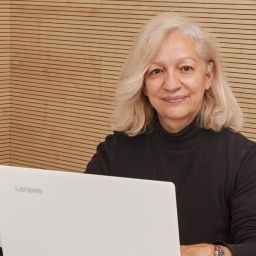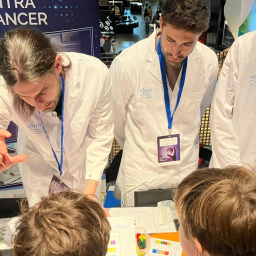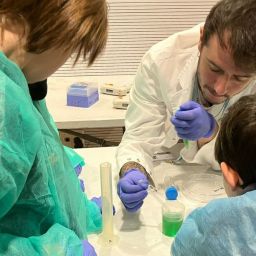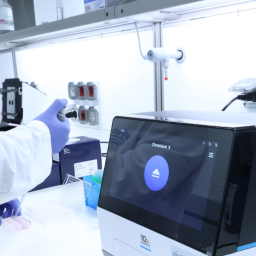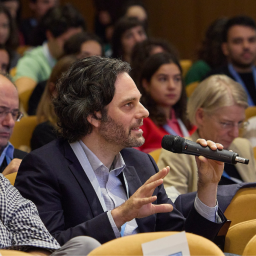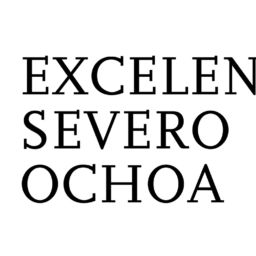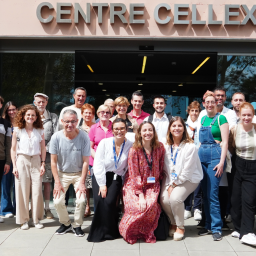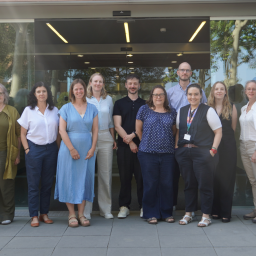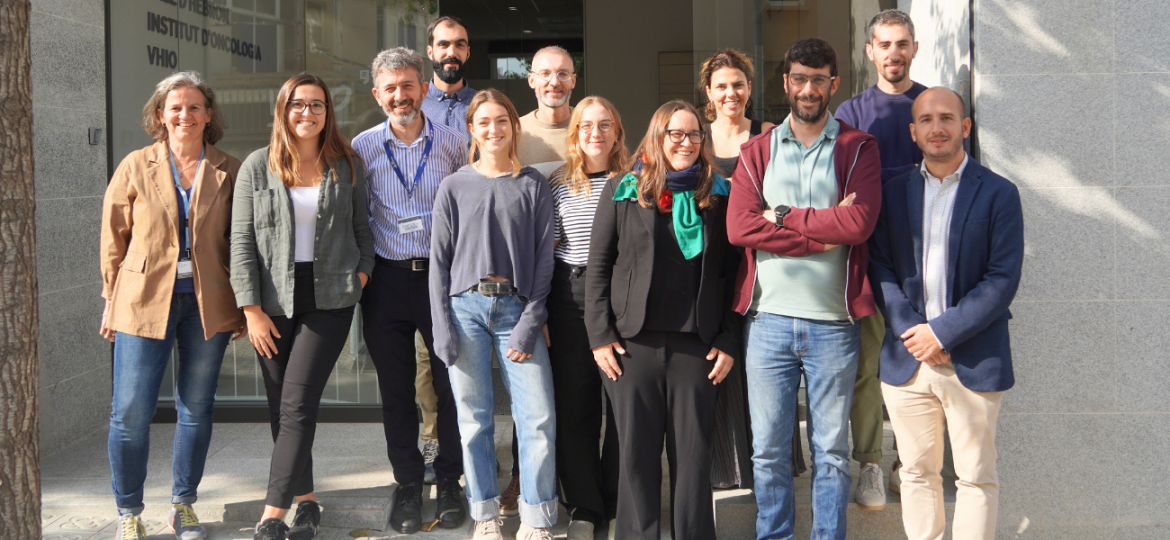
The Severo Ochoa Digital Oncology Unit (SOUND) is a transversal unit created at the Vall d’Hebron Institute of Oncology (VHIO) under the umbrella of the Severo Ochoa program, with the goal of becoming a nexus of digital health and data science for research, clinical applications, and patient-centered research.
The Unit’s Aims
SOUND’s mission is to advance oncology research and implementation of data-based research and other technological platforms in the digital health sector. The unit aims to tailor and improve patient experience within VHIO and its alliances.
The unit focuses on leading multimodal data integration actions relevant to VHIO’s primary research areas, transforming data into actionable insights, and driving breakthroughs and informed decision-making across all research domains.
SOUND’s Composition and Research Groups
The SOUND UNIT is comprised of nine specialized research units and groups, each of which brings unique perspectives and skills to the table. The Bioinformatics Unit, Radiomics Group, Oncology Data Science Group, Biostatistics Unit, Molecular Oncology Group, Cancer Genomics Group, Cancer Cell Cycle Group, Cancer Computational Biology Group, Computational Immunogenomics Group, and the Data Engineering for Research Unit are all members of this team. Additionally, the Scientific Management and Business Development, Innovation and System areas are involved in managing the unit and establishing guidelines to accelerate precision medicine through technology inside SOUND.
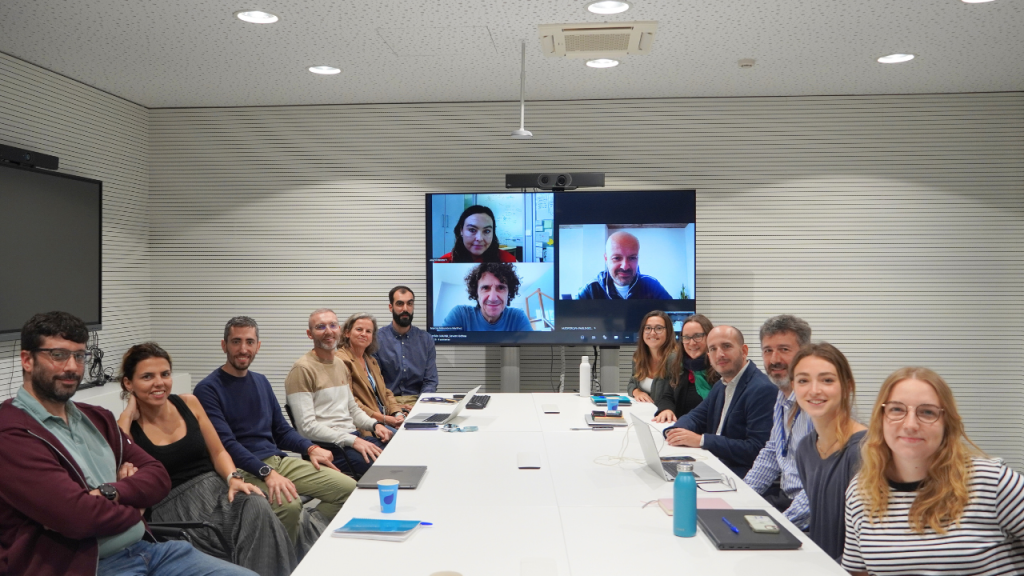
Roadmap and Next Steps
Since its beginning SOUND has outlined several key objectives and activities to achieve its mission. For Data Harmonization, it aims to identify existing data and define a data-oriented plan, while standardizing flow procedures and harmonizing digitalization processes. In terms of Infrastructure Development, SOUND will identify storage and computing needs and implement a centralized platform for data sharing and collaboration. For Data Governance, the focus is on establishing a data inventory and defining a governance structure within the institution. Quality Assurance efforts will involve establishing best practices and standards for data modeling and management. Capacity Building will be addressed by developing and implementing a comprehensive training program, along with establishing a mentorship system and promoting knowledge exchange. Finally, in Research and Innovation, SOUND will foster interdisciplinary collaborations and engage with external stakeholders to drive innovation and application.

